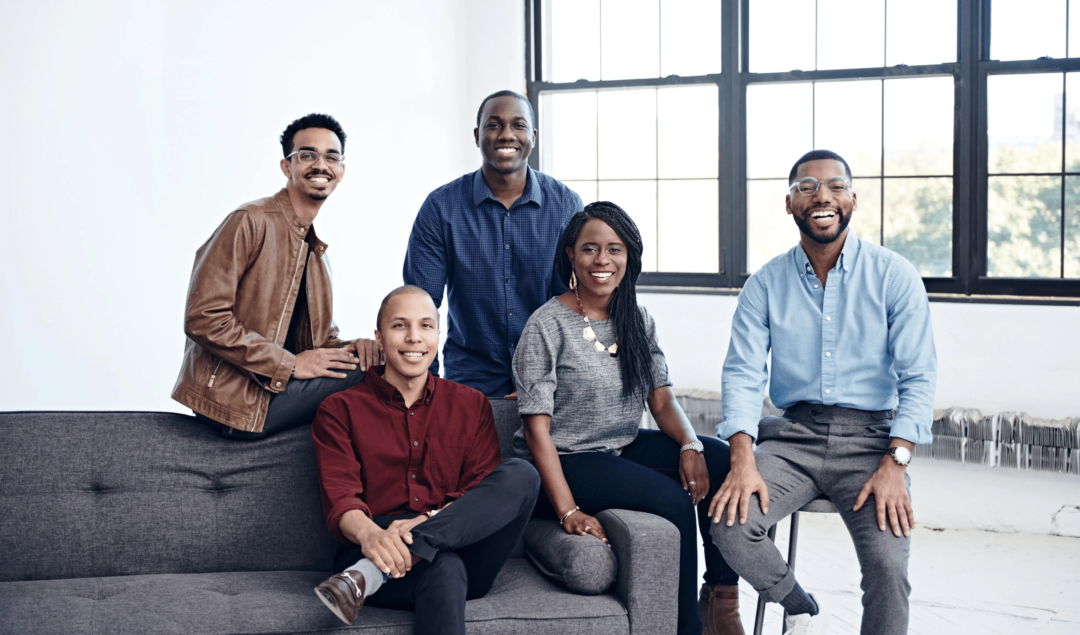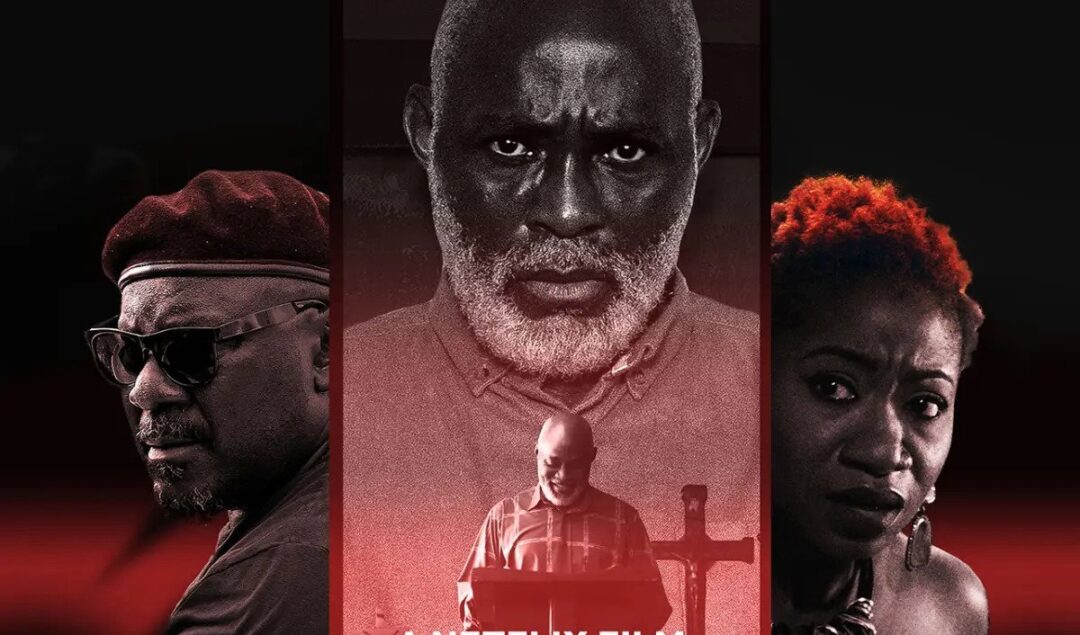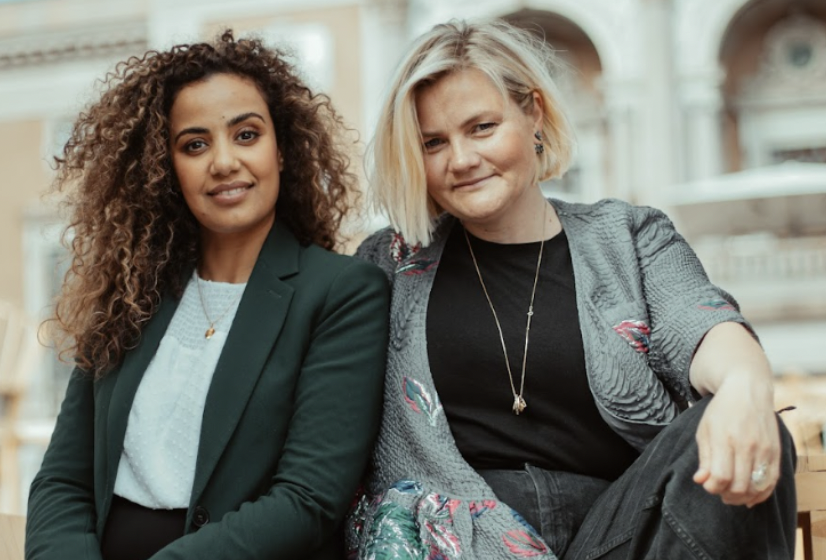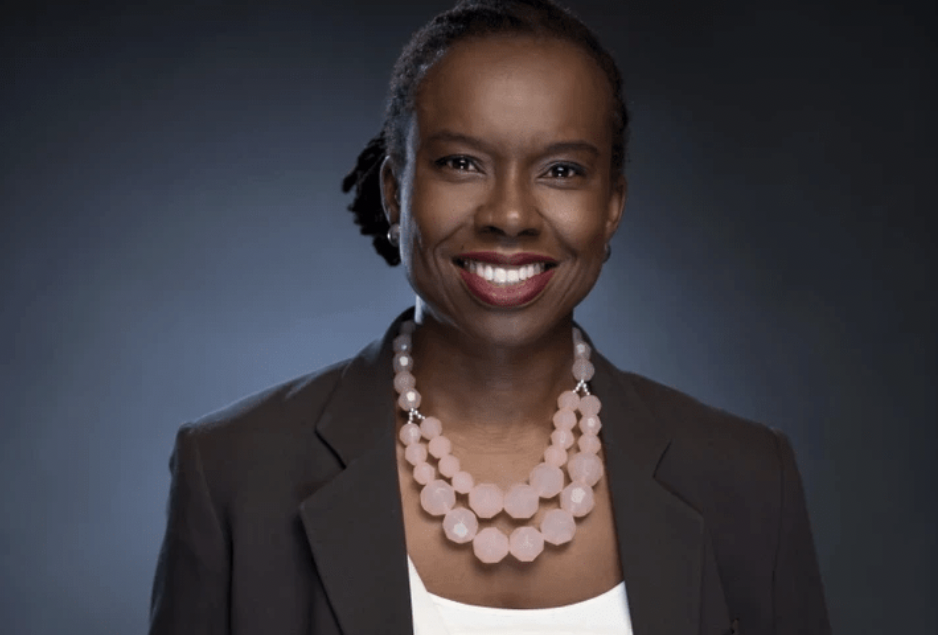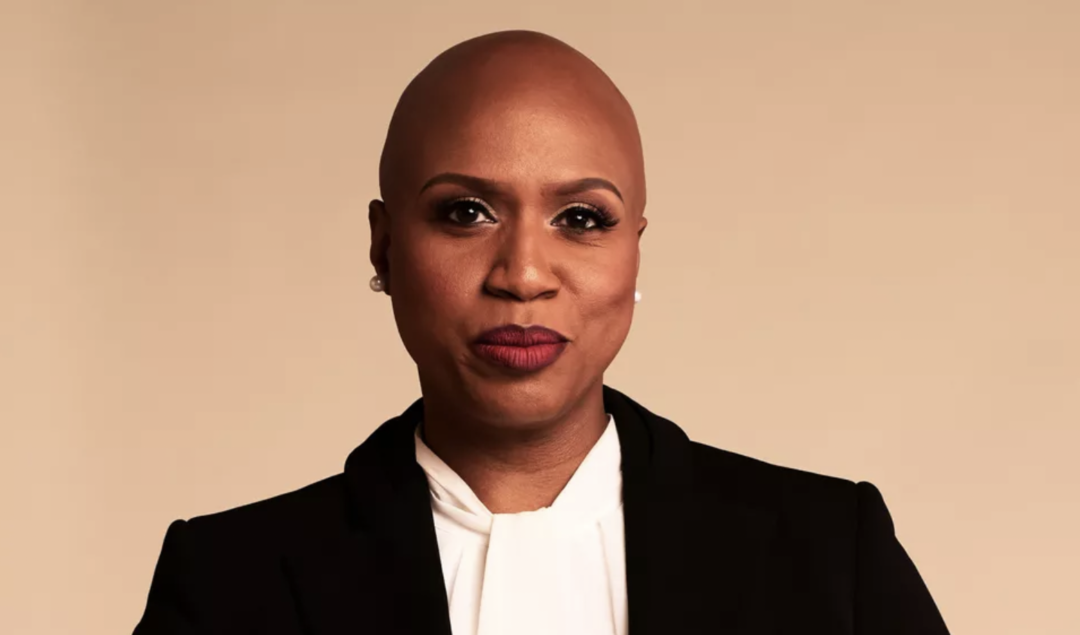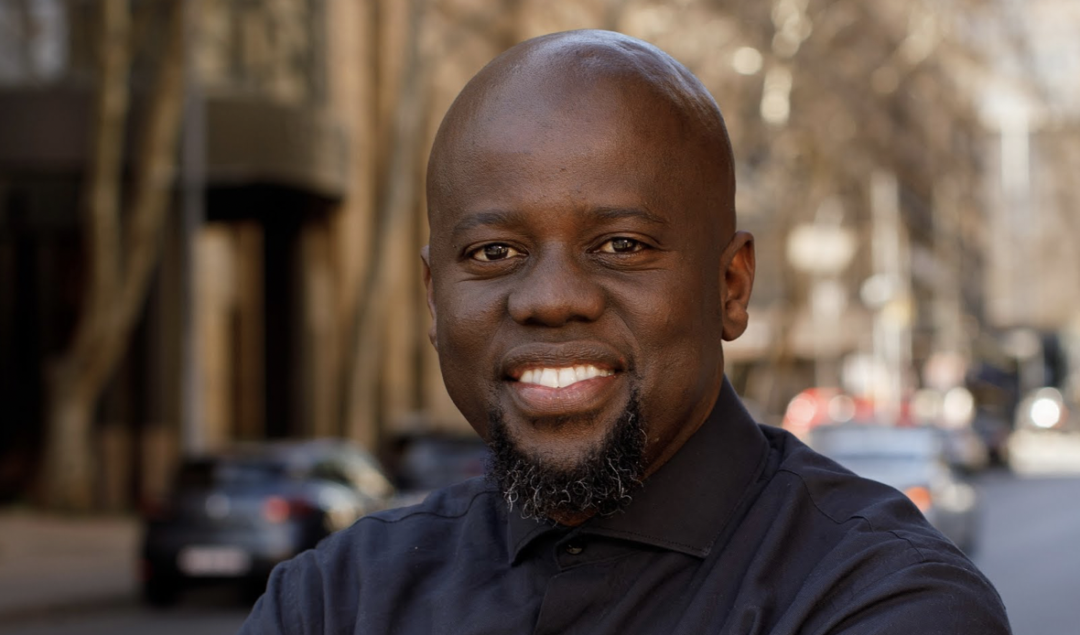For almost six years, I’ve sat in on investor meetings and made deals with startup teams committed to disruption. I’ve seen entrepreneurship in its greatest form, and as an early-stage investor, I’ve been part of getting exciting ideas off the ground and into the marketplace. Uniquely, my career as a founder-turned-investor has been surrounded by nuanced advocacy for social equity and fair opportunities, driving me to relentlessly champion underrepresented voices and create a level playing field for all. Early in my career, I worked closely with the leadership gender gap
The New York City Economic Development Corporation (NYCEDC) has announced the launch of the Venture Access Alliance. Comprising over 70 investors, the Alliance aims to build a more inclusive tech startup ecosystem in New York City. A more inclusive startup ecosystem New York City is the second largest tech ecosystem in the world. Over 30% of businesses in the city are minority-owned, and there has been a noticeable surge in Black-owned businesses. The Alliance is part of NYCEDC’s broader Venture Access NYC program, which aims to increase diversity in the city’s startup
Ghanaian fintech startup Dash is reportedly closing its doors following a tumultuous journey filled with accusations of financial misconduct. According to WeeTracker, Dash held a company-wide meeting on October 3, during which the news of impending layoffs and the closure of the company was delivered to its employees. The innovative startup, which offered an alternative payment network, had raised over $85 million in under five years from major investors. Early success Founded in 2019 by Prince Boakye Boampong, Dash initially made significant strides in the fintech sector. Boampong was a
Editi Effiòng’s Nollywood action-thriller, The Black Book, has claimed the top spot worldwide on Netflix after leaders in Nigeria’s fintech startup space came together to fund the film. The Black Book The Black Book claimed the top spot worldwide just five days after its debut on Netflix, also making it the first ever number-one African film on Netflix. Vanguard reported that from September 18 to 24, the film accumulated 5.6 million views and 11.6 million watch hours. The movie, which traces the story of a mourning father seeking justice following
Copenhagen-based Unconventional Ventures has announced the second close of its €30 million fund ($32 million), dedicated to investing in diverse founding teams and founders. Unconventional Ventures According to Tech Funding News, Unconventional Ventures (UV) is the only European fund with a diversity impact at its heart. It is an impact-focused investment firm investing in early-stage startups led by underrepresented founders in Europe. Launched by Thea Messel and Nora Barvey in 2018, UV has a VC structure and invests across the Nordics in healthcare, women’s health, diversity tech, sustainable fashion, food
Black-led venture capital firm Growth Warrior Capital is launching Elevo, an AI-powered pitch deck generator to help founders secure funding for their startups. Investing in overlooked founders Elevo is the brainchild of Promise Phelon, the founder and managing partner of Growth Warrior Capital. An experienced entrepreneur, Phelon’s track record includes raising $100 million in capital, transforming companies, and successfully navigating exits and acquisitions. Phelon’s early-stage venture capital firm, invests in “dangerous” startups led by traditionally overlooked founders that have the potential to “fundamentally change the way we work, earn, and
Alitheia IDF is a $100 million private equity fund that aims to grow African SMEs through gender-balanced businesses. According to a report from Africa’s The Big Deal, female-led start-ups in Africa had raised 4% funding in 2022, while male-led ventures raised 96%. Therefore, 25 times less funding had been invested in female-led startups in 2022 than their male-led counterparts. Alitheia IDF aims to identify, invest in and grow businesses led by gender-diverse teams to achieve solid financial returns and social impact for African communities. Alitheia IDF The Alitheia IDF invests
Congresswoman Ayanna Pressley has called on the five largest banks in America, asking them to update their racial equity commitments following the murder of George Floyd in 2020. The March on Washington for Jobs and Freedom Anniversary Approaching the 60th Anniversary of the March on Washington for Jobs and Freedom, Representative Pressley, a House Financial Services Committee member, has reached out to the five largest American banks for updates. Held on August 28, 1963, in Washington, D.C., this pivotal march sought to champion African Americans’ civil and economic rights. Its
Zanifu, a Kenyan fintech company that helps millions of African businesses to access financial services, has raised $11.2 million in debt-equity funding in a pre-Series A round. Zanifu Founded by Steve Biko, the Zanifu platform allows small retailers and businesses in Sub-Saharan Africa to access inventory from their suppliers and pay later. They aim to support micro-, small-, and medium-sized enterprises (MSMEs) by bringing their businesses online while providing them with working capital finance. Biko told TechCrunch that the platform targets businesses that need help accessing credit from formal financial institutions for
Founders Factory Africa (FFA) has raised $114 million in funding to scale its model to better serve founders across the African tech ecosystem. Founders Factory Africa Founders Factory Africa, founded in 2018 by Roo Rogers, Alina Truhina and Sam Sturm, is an African early-stage investor supporting founders across the continent. With a portfolio of over 55 ventures across 11 countries in East, West, North and Southern Africa, they combine capital investment with support for entrepreneurs. They invest up to $250,000 in ventures at idea, pre-Seed and Seed stage for ventures


